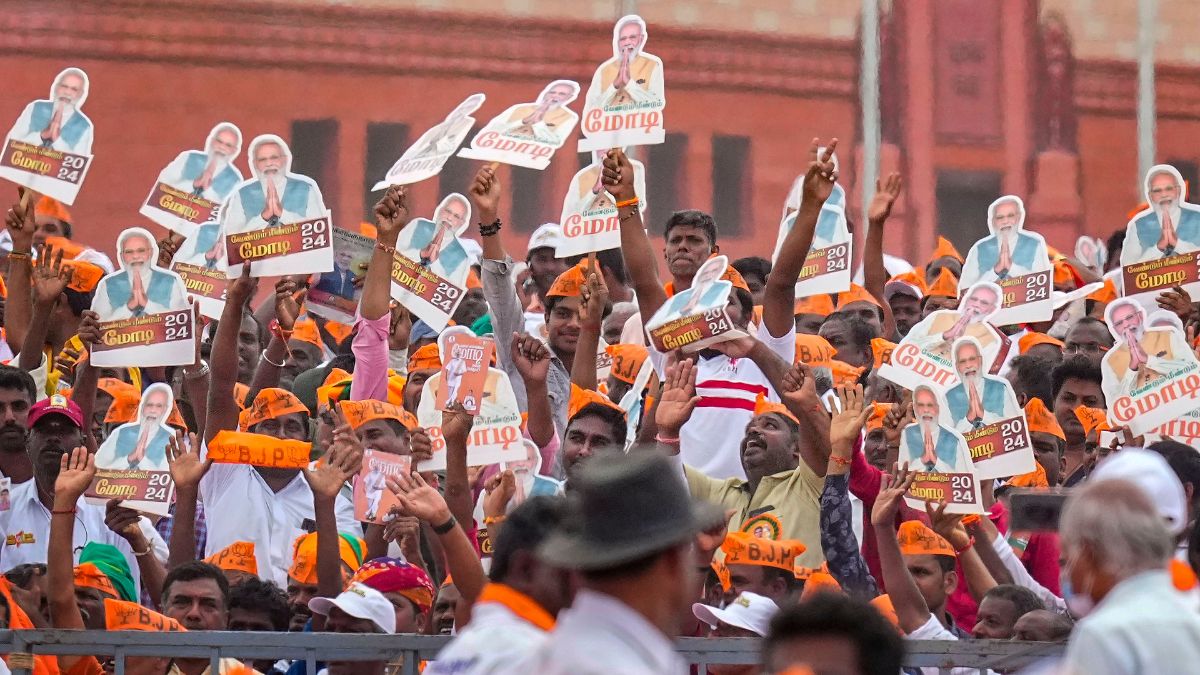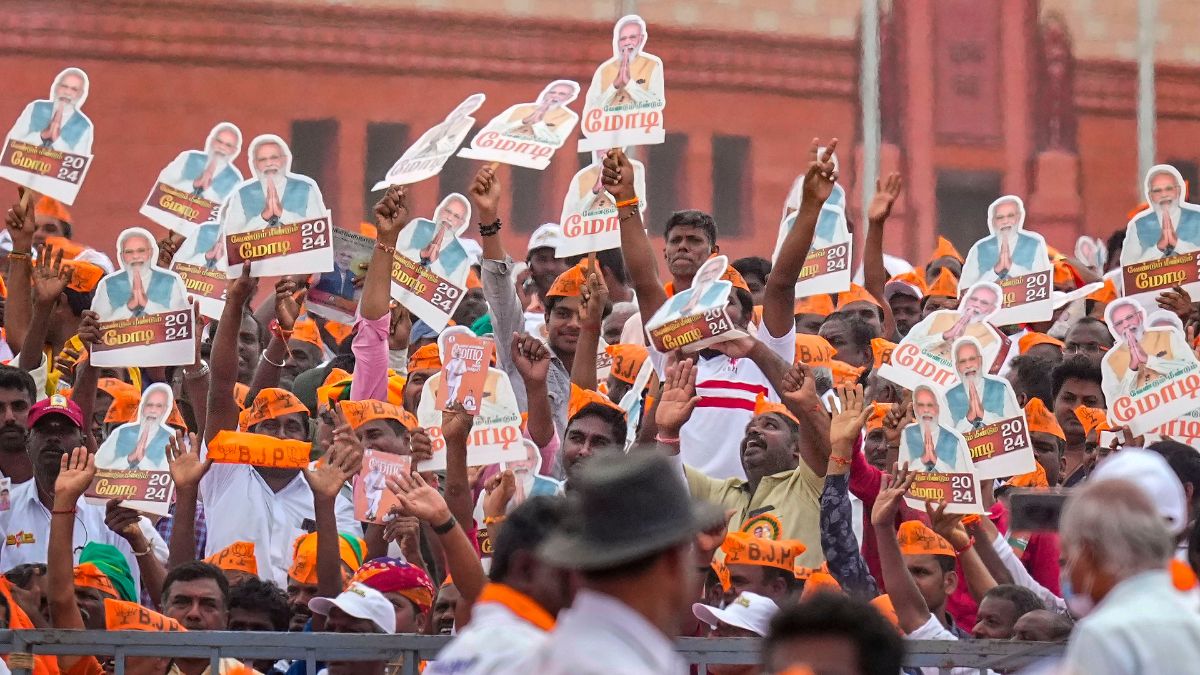Sadanand Khalle, 38, heaved a sigh of relief when — after three days of relentless persuasion — Sangita Hadad, an Accredited Social Health Activist (ASHA) worker from Savade village of Palghar district, agreed to escort his 9-month pregnant wife Monali to Vikramgad Rural Hospital. It was 12 September and the ASHA workers, primary healthcare facilitators appointed under National Rural Health Mission of Palghar district were on a district-wide strike demanding a raise.
ASHA workers are the first port of call for any health related demands of the rural population, especially women and children, who find it difficult to access health services. They are community health workers under the National Rural Health Mission.
Sadanand’s relief was short-lived. Sangita submitted the documents necessary for Monali’s admission and headed towards the exit. A desperate Sadanand followed. “Can you please stay?” asked a worried Sadanand but was refused. Sangita instructed Sadanand on how he should wait for a couple of hours and then call her once his wife Monali delivered the baby. “Stay in touch, though. Don’t worry, I will be around,” Sangita assured him and hastily left the hospital premises.
“The patient’s family came to my doorstep,” Sangita said. “They were desperate and seeking help for the past three days. How could I refuse? They were unaware of the hospital admission process. I could not stay back until the baby had been delivered because we are on strike. Despite being told to strictly follow orders, I still went.”
Sadanand said, “We are extremely dependent on her (Sangita). We don’t know how to handle these complex admission procedures since we are not that literate. Since my wife’s contractions began yesterday, we requested help several times and she finally relented. Things have become a little difficult for us since the ASHA workers went on strike. However, we are grateful that they are still helping us in some way.”
A day later, on 13 September, a blue trail of over 2,000 ASHA workers in their uniforms was seen for about 2 kilometres: from the Palghar Railway Station to the district collector’s office. ASHA workers, who went on strike from 8 to 17 September across Palghar district, marched for a raise: demanding Rs 8,500 for themselves and Rs 18,000 for ASHA supervisors (block facilitators); they earn Rs 1,500 and Rs 8,700 respectively.
However, as per the government resolution issued dated 16 September, the state agreed to pay an amount matching (up to Rs 2,000) what the Central government pays ASHA workers for only four of the 78 services (see GR) provided by them. So, their monthly honorarium would increase to Rs 3,500.
Government Resolution by Deven Kanal on Scribd
Rajesh Singh, union leader of Maharashtra Rajya ASHA- Gat Pravartak Karmachari Kruti Samiti, expresses his disappointment: “The raise is not enough. They haven’t mentioned a time frame. Besides, it has been considered only for ASHA workers and not their supervisors. We called off the strike. There was no point protesting further because the model code of conduct came into force. Once that takes effect, the state can’t make much changes. Our fight will continue.”
Sudarshana Satvi, a 38-year-old block facilitator working with Durve PHC in Palghar, and her colleagues knocked on the doors of Eknath Shinde, state health minister and guardian minister of Thane district, on 18 September — a day after the strike was called off — seeking a fixed salary or to being hired as permanent government employees (like Anganwadi workers). “We were assured that our salaries would be doubled, but they (state government) did not give us a definite figure since they said there is a hitch in releasing funds. They said they’d consider raising our pay once elections end,” Sudarshana said.
“Many aspects are not considered. For instance, for polio vaccination drives, ASHA workers are paid only Rs 75 per day. Besides, when a worker escorts a pregnant woman in labour to the hospital, she has to stay with the woman until the delivery, which can happen the next day. There is no special arrangement/provision for this. When we hire some domestic or agricultural help, we pay at least Rs 150 to that labourer. On the other hand, we are being paid so little. The government should consider our request on humanitarian grounds,” Sudharshana said
As per the guidelines for ASHA workers , some of their responsibilities — in catering to a population anywhere between 1,000 and 5,000 — involve creating awareness and educating the community on nutrition, hygiene and healthy living; conducting home visits and counselling pregnant women, lactating mothers, breastfeeding, complimentary feeding, immunisation, contraception and taking care of their newborn. They must accompany pregnant women or children in urgent need of medical attention.
They also have to help the community access healthcare services at the nearest sub-centre or primary healthcare centre; providing primary medical treatment to diarrhoea patients or those with fever and also working for the directly observed treatment under the Revised National Tuberculosis Control Programme. ASHA workers are expected to closely coordinate with the village gram panchayat in order to implement the village health plan. They also have to maintain records of all the activities undertaken by them.
“There is a lot more to it than meets the eye,” said 45-year-old Urmila Patil, an ASHA worker from Deharje sub-centre in Palghar district’s Vikramgad Taluka. “We have to deal with tangible problems like unavailability of 108 and 102 ambulances for emergencies due to bad network coverage. This becomes a problem when a pregnant woman, especially in the hilly terrains, goes into labour. This causes delay in admission leading to further complications. In most cases, we have to arrange for a private vehicle even in the middle of the night. We will be held responsible if the delivery is not done at the health centre. Most times, we are the ones being yelled at by doctors for delay in admitting the patient and we also get an earful from the patients’ families. For the volume of work we do, although it is incentive-based, our pay is minimal. We should be made permanent employees or at least a scooter/vehicle should be provided for us. Before deciding on our pay, they (authorities) must first check ground realities.”
According to Manjula Salkar, an Auxiliary Nurse Midwife (ANM) working with Krunje Sub-centre in Vikramgad Talkuka, apart from difficulties in acquiring transport, ASHA workers also have to deal with patients and families, who are deeply rooted in their traditions and who even prioritise work over healthcare.
“For instance, a few days ago, one of our workers spent almost two hours convincing a woman from Krunze village to take her seven-month pregnant daughter-in-law, who was suffering from high blood pressure (90) and had a chance of getting seizures during the pregnancy (eclampsia), to Kasa hospital. The woman was not willing as her son was working at a brick kiln and the woman would have lost a day’s wage. She relented only when she took her daughter-in-law to a doctor, who explained she was in critical condition.”
ASHA worker Sunita Bhurkhud lives in a semi-pucca house with little furniture in Chipatpada, Bhopoli village, Vikramgad Taluka. Sunita, who works with the Bhopoli Sub-Centre, complained of having to constantly wait for her salary.
“We usually receive payment after two months. How much do you think this little increment will help? They haven’t even mentioned when we will get it. Nothing is confirmed until we get the money in hand,” said 30-year-old Sunita. Her husband works as a construction labourer and they have a small half acre paddy field where they grow rice. With two sons studying in Bhopoli Ashram School, they have hardly anything saved up.
Sunita had a terrible toothache and was unwell. Despite that and the ongoing strike, she was escorting 10-year-old Sairaj Chipat, suffering from TB and a skin infection, and his mother to the Krunze Primary Health Centre, around seven kilometres from Chipatpada. “We have developed a relationship with each of them. They need us for medical advice and to reach the hospital. It is not our nature to refuse anyone help.”
The ASHA workers’ struggle has only intensified since January. Their work, which is incentive-based and for which they are paid very little, is of great import to the rural populace. It is high time they got their due.
The article has been written under the Public Health Fellowship granted by Thakur Family Foundation, USA.


)




)
)
)
)
)
)
)
)